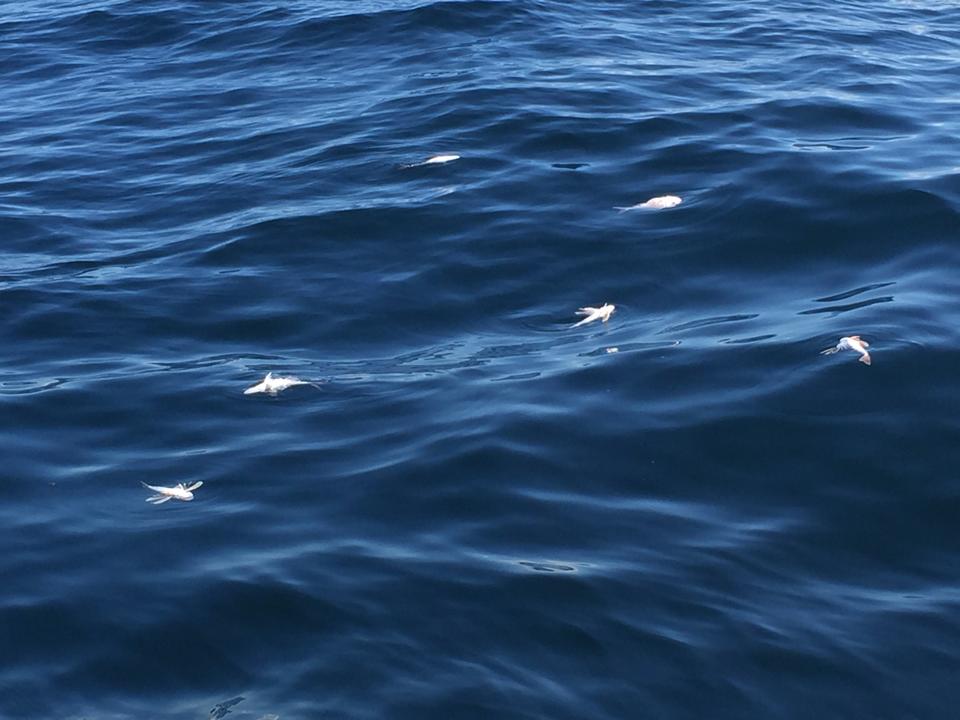
They’re nothing new, but Ministry of Primary Industries Fisheries Managers admit that fish dumping ‘is so widespread, the current system is failing, and
officials have been unable to get on top of it since day one of the Quota Management System (QMS)”.
They have said unreported fish dumping is having an impact on fish stocks, and that if those wasting fish, and hiding dumping, were prosecuted in accordance
with the law, about half the current fishing operators would go out of business. But the evidence of the impacts of this untenable, unsustainable squandering
of our marine life, has been clear for the public to see too.
We all bear witness to, and commonly hear of decline. Ask any fisher and they’ll tell you the big snapper have gone, the flounder have gone, the crayfish
have gone, and mud and kina barrens are in their place.
Where once, fish schooled inshore, these days the seas are like deserts. Even with the ‘world’s “best” fisheries management system’ in the QMS, we’re managing
fish stocks often to less than 20% of their pre-harvest numbers.
It appears that corruption is entrenched in the fishing industry and its relationship with MPI. Scientists say ‘deals have been done’ between fishing operators
and MPI, meaning known transgressions remain unprosecuted.
Video footage arising from cameras on boats has revealed evidence of Hector’s dolphins being caught and killed in nets, dumped, and not reported, but no
prosecutions took place because of those deals.
There are claims of ‘capture’ by the fishing industry of MPI, especially since in some cases, the fishers and the observers, are one and the same. Strong
links between the National Party and the Seafood Industry Council, and Peter Goodfellow, chair of the Council and Director of Sanfords who is also
President of the National Party, make many conservationists doubt the chances of proper, sustainable fisheries management in the best interests of
the marine environment rather than political allegiances.
At the same time, pressure on the marine environment is compounded by the sheer volume of recreational fishers. If everyone took their maximum daily catch,
the oceans would be empty. Indeed, in some areas, they virtually are.
Rather than fooling ourselves that we are responsible environmental and resource managers with world class fisheries systems, we would do better to admit
we are failing to manage the environment with much rigour at all. With species under such mismanagement, we retain little resilience for other, natural
or unusual forces that could cause collapse – such as disease, or the effects of climate change.
The Government’s failure to address these known issues is nothing less than scandalous, for both present and future generations – of people, and fish.
